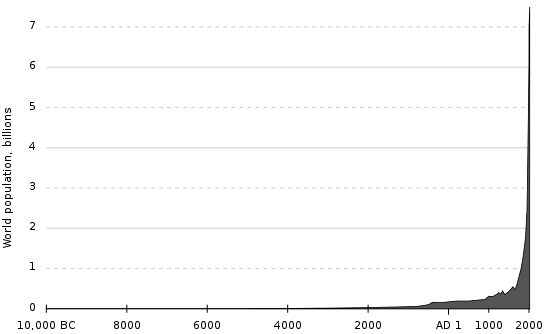Few people would openly admit that they prefer irrational treatments and doctors. But most people do in fact advocate irrational health practices – using pseudonyms for “irrational” as “holistic,” “alternative,” “homeopathic” and the deadly “natural.”
Medicine requires reason
The human body operates according to certain causal principles. If we wish to make a change in our health, we must understand some of those causal principles and act according to our understanding. To act without a rational basis is to disconnect our goals from their achievement. Irrationality does not guarantee failure — it just means that success, to the extent that it happens, will be due to other factors that our goals.
The study of human health is especially difficult
In the field of health, especially rigorous rationality is necessary for at least five reasons:
- The human body will solve, or at least try to solve most problems on its own. This makes establishing causality due external factors quite difficult and introduces biases such as the placebo effect and the regression fallacy.
- The body is very complex! Because it evolved over billions of years, the causal relationships in the body are extremely complex and interdependent.
- For example, even if we know that the body has too little of a certain substance, taking that substance may: a: not do anything b: cause the body to produce even less of the substance or c: cause an unpredictable side effect. On the other hand, if the body has too much of something, then the solution may be to a: consume less of that substance b: consume more of that substance or c: the consumption has no relationship at all to the level of that substance.
- It can be difficult to measure the extent to which medical problems are solved. While some things can be measured, many things, such as pain levels are very difficult to quantify.
- It is difficult to isolate causal factors in human beings since changes in health take time to develop and we can’t control every factor during an experiment or dissect human subjects when it is over.
- Humans tend to be irrational when it comes to their own mortality! We fear death, leading us to irrational over or under spending on health as well as being especially vulnerable to all the logical fallacies.
In medicine, rationality requires quality science research
There is a name for the field that applies rigor to the discovery of facts about nature: science. Science has been so successful in improving the state of human knowledge that many irrational, anti-scientific quacks have begun to use the term “scientific” to describe anti-scientific practices and ideas. In response to this, the medical community has come up with a term which identifiers the distinguishing aspect of rationality: “evidence based medicine.” This phrase is a necessary redundancy that identifies the essential characteristic of science: that it is based on sensory evidence. The alternative to non-evidence based science is not science at all, but emotionalism – “I feel it is true, so it must be.”
In the last hundred years, we have discovered certain practices for ensuring the conclusions of our medical experiments are valid. We know experimentally that observing these practices leads to more accurate conclusions. Let me emphasize that: the truth of medical claims is strongly correlated with the degree to which experiments follow accepted scientific standards. There are a number of objective scales for measuring the quality of an experiment.
Five characteristics of quality medical studies
- The experiment and its results are fully described in enough detail to reproduce and compare the results
- There is a randomized control group
- The selection of control subjects is double blind
- The methods of randomization and blinding are accurately described and appropriate
- There is a description of withdrawals and dropouts.
Further reading:
- “Bad Science” by Ben Goldacre
- Ben Goldcare at TED: Battling Bad Science
- The One Minute Case For Science
- YouTube: “Alternative Space Program”
Addendum: How to judge health claims


